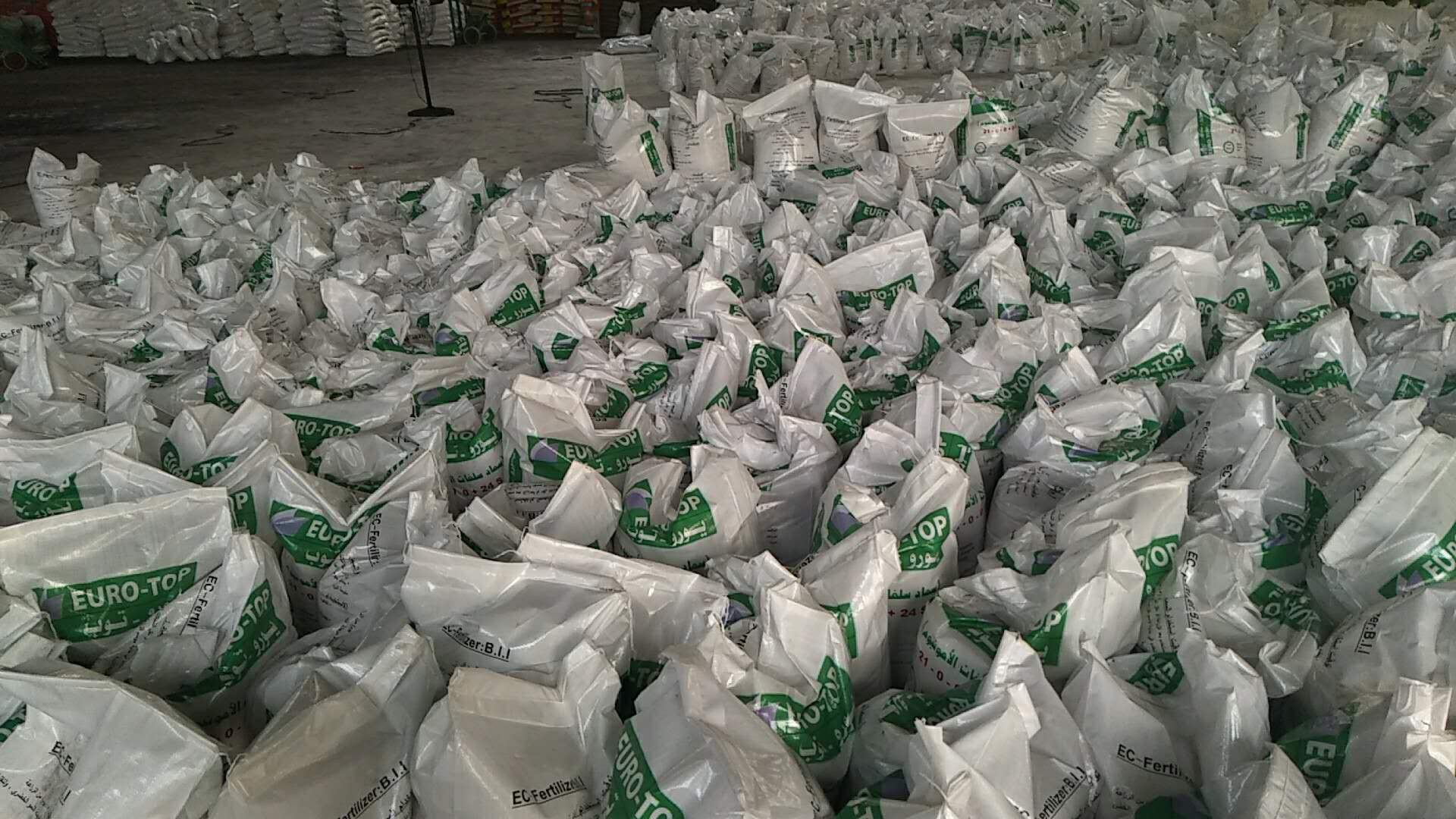
Oct . 30, 2024 20:09 Back to list
potash for vegetables
The Importance of Potash for Vegetables Enhancing Growth and Yield
Potash, a common name for potassium compounds, plays a crucial role in the growth and development of vegetables. As one of the three primary macronutrients—alongside nitrogen and phosphorus—potassium is essential for plant health, influencing various physiological processes. Understanding the importance of potash for vegetables can help gardeners and farmers optimize their crop yields and produce healthier, more robust plants.
Role of Potash in Plant Growth
Potassium, a vital nutrient, facilitates several key functions within vegetables. First and foremost, it aids in regulating water uptake, which is critical for maintaining turgor pressure in plant cells. Adequate potassium levels ensure that plants can absorb and retain water efficiently, ultimately leading to improved resilience against drought stress. This is particularly important in arid regions or during periods of low rainfall.
Additionally, potash is integral to photosynthesis. It helps in the synthesis of chlorophyll, which is essential for capturing sunlight and converting it into energy. A well-formed chlorophyll structure enhances the efficiency of photosynthesis, leading to increased growth rates and higher yields. Furthermore, potassium contributes to the activation of enzymes that are crucial for carbohydrate metabolism and energy transfer within the plant.
Enhancing Fruit and Vegetable Quality
potash for vegetables

Apart from promoting growth, potash significantly impacts the quality of vegetables. It enhances the flavor, color, and overall nutritional value of the produce. For instance, studies have shown that vegetables such as tomatoes and peppers grown in potassium-rich soils tend to have higher sugar content and better coloration, making them more appealing to consumers. Moreover, adequate potash levels can improve the shelf life of vegetables, reducing post-harvest losses and ensuring that produce remains fresh longer.
Deficiency Symptoms and Application
A deficiency in potassium can lead to a range of symptoms in vegetables, including stunted growth, yellowing of leaves, and poor fruit development. In severe cases, plants may exhibit marginal leaf burn or necrosis, indicating an urgent need for nutrient replenishment. To avoid these issues, regular soil testing is recommended, allowing growers to assess the potassium levels and make necessary adjustments.
When it comes to application, potash can be incorporated into the soil before planting or applied as a side dressing during the growing season. Common forms of potash include potassium chloride, potassium sulfate, and organic options like wood ash. The choice of potash source may depend on soil characteristics, crop requirements, and market preferences.
Conclusion
In conclusion, potash is a vital nutrient for the successful cultivation of vegetables, playing a pivotal role in their growth, quality, and overall health. By understanding the impact of potassium on plant physiology and ensuring adequate supply through proper soil management and fertilization practices, gardeners and farmers can enhance their vegetable production. With the right attention to potash, vegetable growers can look forward to flourishing crops that not only meet market demands but also contribute to sustainable agricultural practices. Investing in potash is not merely about enhancing yield; it's about cultivating the future of vegetable agriculture.
-
10 10 10 Fertilizer Organic—Balanced NPK for All Plants
NewsJul.30,2025
-
Premium 10 10 10 Fertilizer Organic for Balanced Plant Growth
NewsJul.29,2025
-
Premium 10 10 10 Fertilizer Organic for Balanced Plant Growth
NewsJul.29,2025
-
Premium 10 10 10 Fertilizer Organic for Balanced Plant Growth
NewsJul.29,2025
-
50 Pound Bags of 13-13-13 Fertilizer for All Plants – Bulk & Organic Options
NewsJul.28,2025
-
High-Efficiency 15-30-15 Granular Fertilizer for Healthy Crops
NewsJul.28,2025
